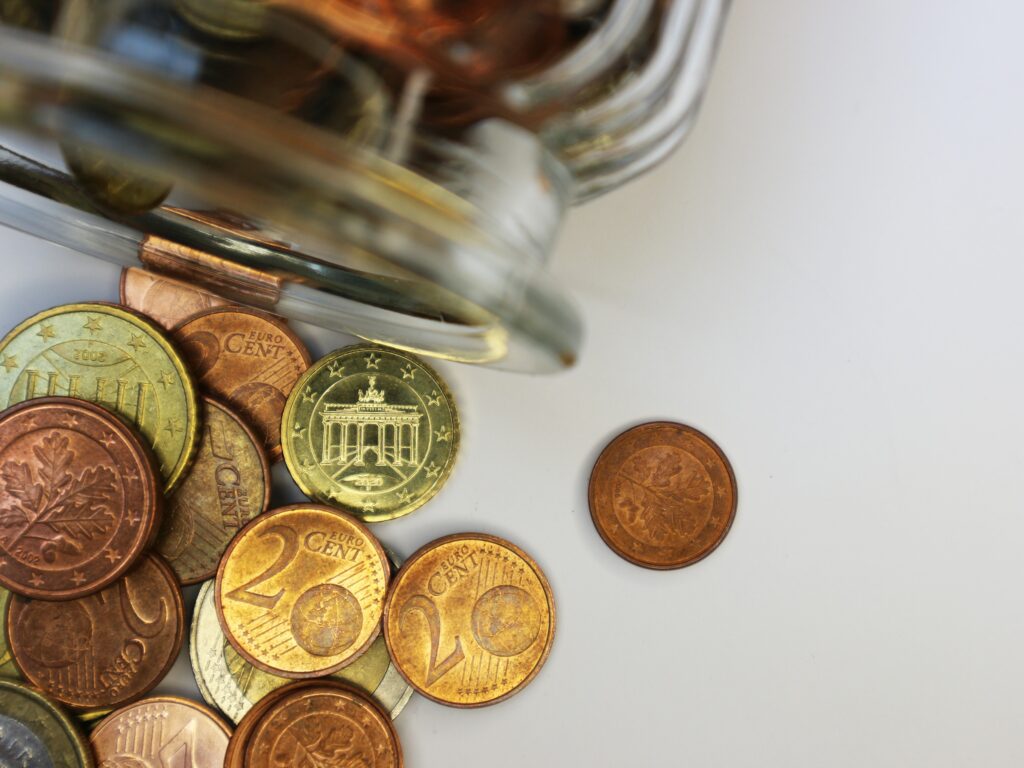The evolution of money is a fundamental aspect of our global economies and daily lives. It serves as a medium of exchange, accounting unit, and value store. Understanding its evolution and interpretations helps us grasp its significance in society and the economy. From barter to fiat money, it has taken various forms, symbolizing wealth, power, and status. Studying its evolution sheds light on its social, economic, and cultural implications.

Let’s delve into these aspects, uncovering the history, modern forms, roles, psychology, and future of money.
Historical Perspectives on Money
- Barter System: The origin of trade, involving direct exchange of goods and services without money, had limitations like the need for coincidence of wants.
- Commodity Money: Goods themselves served as currency, establishing a shared unit of value.
- Metallic Money: Gold and silver were vital for currency development.
Modern Forms of Money
- Fiat Money: Issued by governments based on trust, serving as a widely accepted exchange, accounting unit, and value store medium.
- Cryptocurrencies: Digital currencies like Bitcoin offer transparency but can be highly volatile, with developing regulatory frameworks.
Money as a Medium of Exchange
- It eliminates the need for direct bartering, fosters specialization, division of labor, and market expansion, boosting economic activity and prosperity.
Currency in Global Economics
- Currency facilitates international trade, influencing costs, capital flows, and investments. Exchange rates affect inflation, interest rates, and economic growth.
Money as a Unit of Account
- Monetary units, regulated by central banks, ensure consistency in economic transactions, enabling efficient calculations and cross-border trade.
Impact of Inflation
- Inflation erodes a currency’s purchasing power over time, affecting savings, investments, and economic planning. Accounting for inflation is crucial in financial decision-making.
Money as a Store of Value
- Money allows individuals and businesses to save and invest for the future, aiming to protect and grow their wealth.
Evaluating Assets for Long-Term Wealth Preservation
- Assessing different assets based on their ability to maintain or increase value over time is crucial for long-term wealth preservation.
Money as a Standard of Deferred Payment
- Money facilitates the exchange of goods and services over time through credit systems, enabling economic activity and financial management.
Loans and Debts
- Loans and debts are integral components of credit systems, with various purposes and crucial terms to consider for responsible borrowing and effective debt management.
The Psychology of Money
- Psychological factors such as attitudes, beliefs, emotions, and cognitive biases influence financial decision-making.
Money and Happiness
- While money provides security and comfort, it doesn’t guarantee greater happiness beyond a certain point. Other factors like social connections and pursuing meaningful goals play significant roles in overall well-being.
The Role of Central Banks
- Central banks oversee and implement monetary policy, aiming to maintain price stability, foster economic growth, and ensure the financial system’s strength.
The Management of Money Supply and Interest Rates
- Central banks regulate inflationary pressures and price stability by managing the money supply and influencing interest rates.
Global Economic Impacts
- Exchange rates are crucial in determining the relative value of currencies, affecting international trade, investment flows, and economic competitiveness.
Currency Crises
- Currency crises, characterized by a significant decline in currency value, have severe economic consequences and require analysis for risk mitigation.
The Future of Money
- Emerging trends and innovations, including digital payments, blockchain, cryptocurrencies, and fintech, are transforming the currency market.
The Potential of a Cashless Society
- A cashless society offers benefits like reduced costs and increased transparency but also raises concerns about privacy and accessibility.
Summary: Unifying the Definitions of Money
- Money serves as a medium of exchange, accounting unit, and value store, with psychological factors influencing financial decisions.
Recapitulation: Various Aspects of Money
- Money has multiple dimensions: a medium of exchange, a unit of account, and a store of value. Psychological factors, central banks, and exchange rates play significant roles. Digital payment trends shape the future of money, and understanding these aspects is essential for navigating the financial landscape.
FAQ’s
Q1: What is money?
Money is a universally accepted medium of exchange, serving as a unit of account and a store of value. It takes various forms, including physical and digital currencies.
Q2: How does money work as a medium of exchange?
Money simplifies trade by providing a universally accepted form of payment, eliminating the need for bartering and ensuring efficient transactions.
Q3: What is the role of money as a unit of account?
Money standardizes the valuation of goods, services, and assets, enabling price comparison and financial calculations.
Q4: How does money function as a store of value?
Money allows individuals to save and retain wealth for the future, even though factors like inflation may affect its purchasing power.
Q5: What are the different types of money?
Money exists in physical and digital forms, including coins, banknotes, electronic balances, and cryptocurrencies. Financial instruments like checks and debit cards also represent various forms of money.
Q6: How does psychology impact financial decisions?
The psychology of money explores how attitudes, beliefs, emotions, and cognitive biases influence financial choices, shedding light on irrational decisions, financial stress, and varying priorities in money management.







































